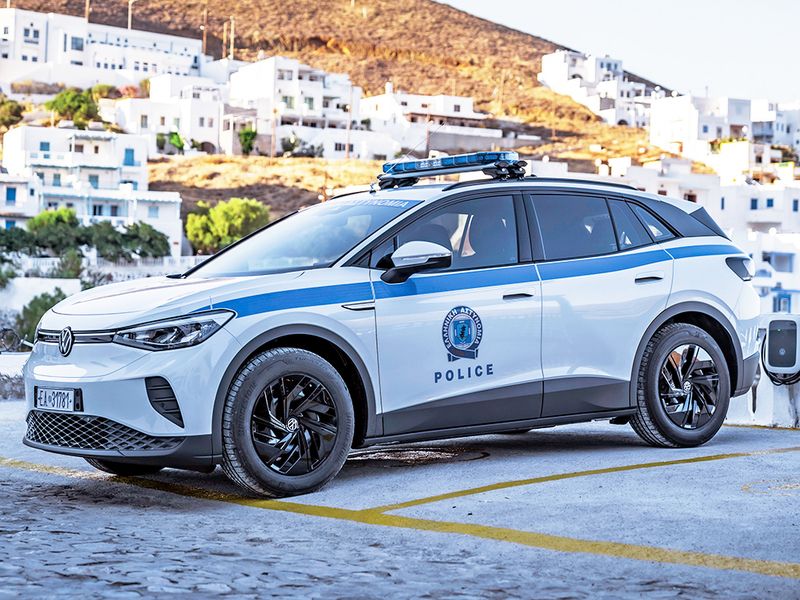
Getting the right infrastructure in place to accommodate a growing electric vehicle market is a massive challenge, even in major cities.
But what if the industry could test the transition to EVs in a smaller geographic area first, to see what works best?
That’s the goal of a new project on Astypalea, a Greek island in the southern Aegean Sea.
A collaboration between Volkswagen and Greek government officials brought EVs to Astypalea last month, kick-starting the modernization of the island’s energy system over the next five years.
Astypalea (ah-stee-PAH-lee-a), with a reported population of only a few thousand, will serve as a “future lab” for Europe’s shift to electrification and decarbonization, Volkswagen Group CEO Herbert Diess said.
Police, the airport authority and the local municipality, along with private customers, are the project’s target. The goal is to swap out 1,500 internal combustion engine vehicles on the island with 1,000 EVs.
Accompanying the island’s shift to EVs are government subsidies, the formation of new mobility services — such as full-electric car-sharing and ride-sharing, to replace bus service — and a revamped energy system. This includes a solar park and a battery storage system. The energy system, which will be bolstered with wind turbines, could cover 80 percent of the island’s total energy demand by 2026.
Researchers will study the island in the hopes that it “will give us vital insights that will help us to create incentives for change on our journey to a cleaner, greener and more sustainable future,” Greek Prime Minister Kyriakos Mitsotakis said in a statement.

